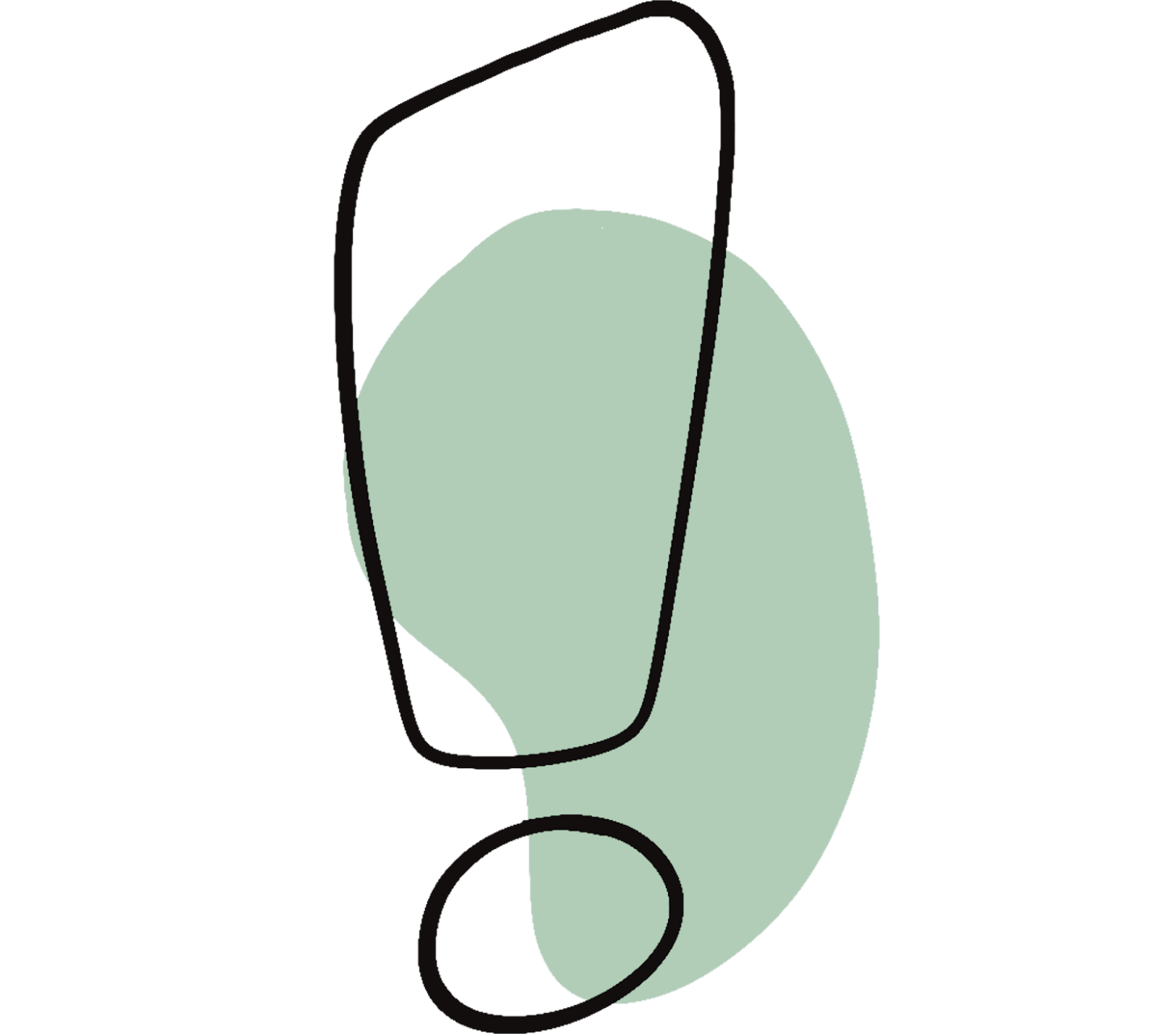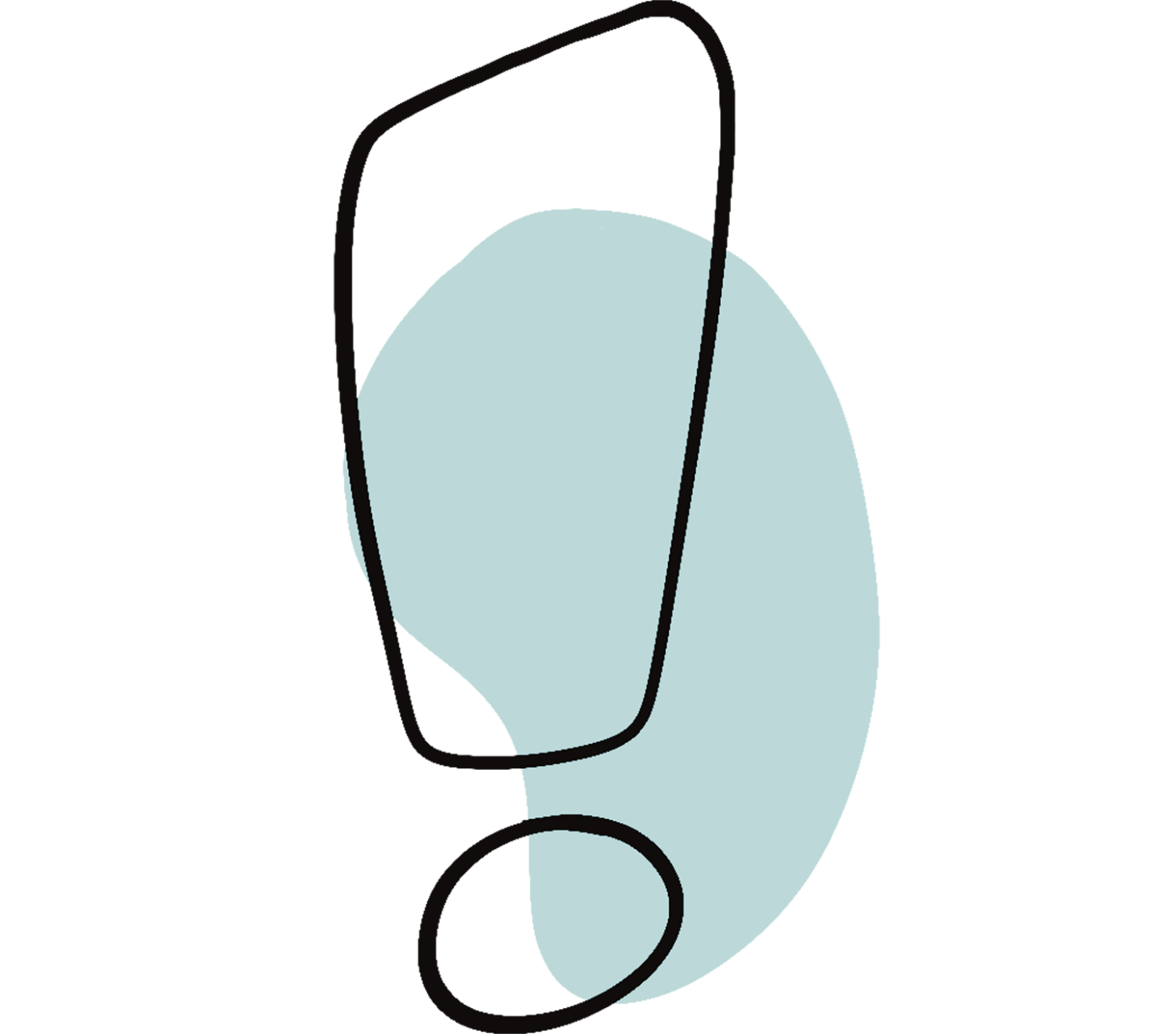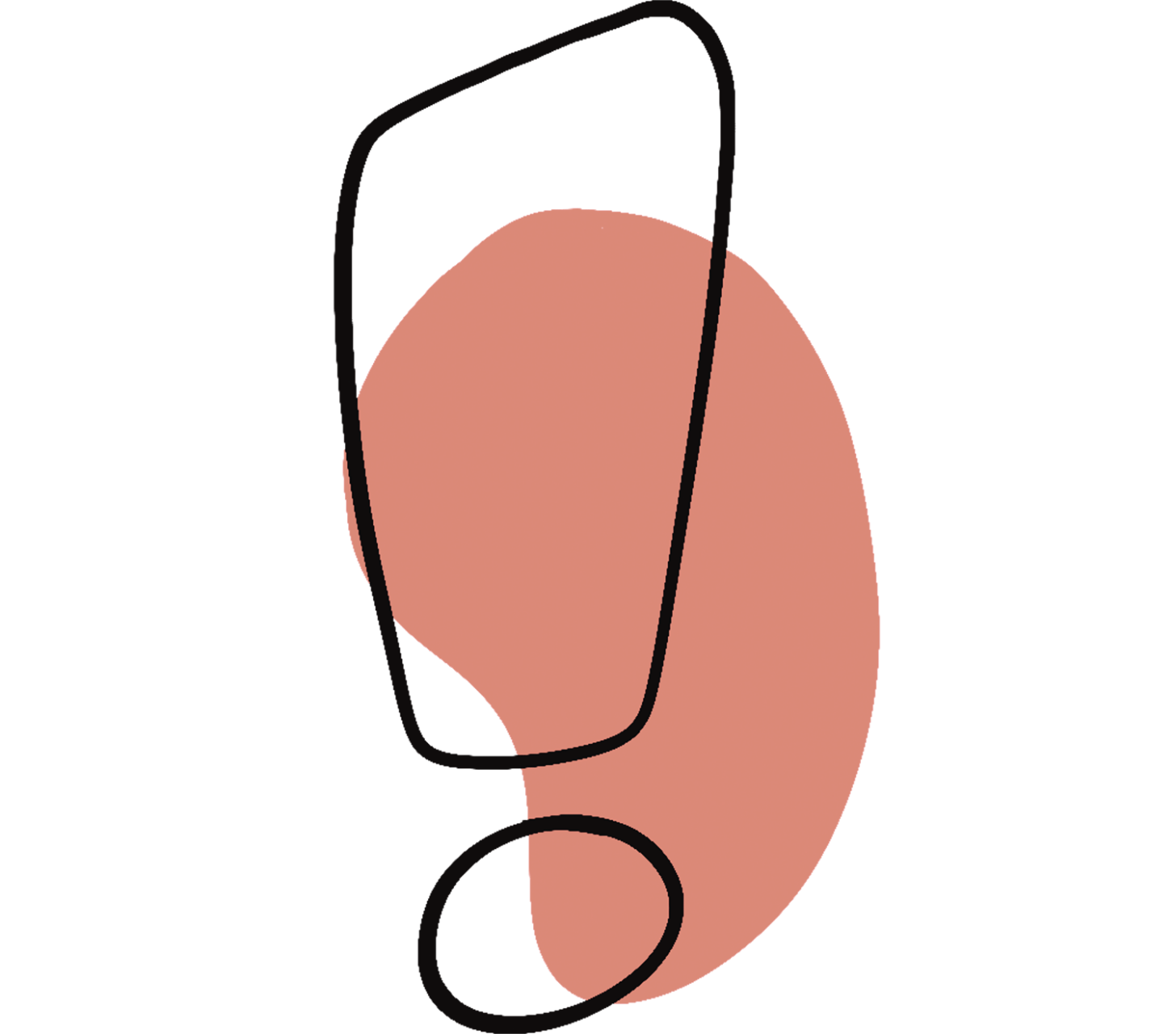Use techniques such as Freewriting or Clustering if you are still at the very beginning of finding a topic for your academic paper. Once topics begin to emerge that you are genuinely interested in, you should proceed more systematically so that you can choose one.
You can use the following questions for this purpose. Try to answer the questions in the table below for each topic that interests you.
You will quickly notice:
- What truly interests you
- What is feasible
- What you still need to narrow down
- Which points still require research

Your answers will then form an exposé or your project outline – essentially the roadmap for your work. You can change the route along the way, but starting a journey without any plan rarely gets you to the right place on time.
| Topic | What will be the title (possibly with a subtitle) of your paper? |
| Research Question / Objective | Which questions do you want to answer with your paper, or what specific objectives do you aim to achieve? |
| Purpose | What is the purpose your paper should fulfill – in other words, your text? |
| Short Description | What problem is your paper intended to solve? |
| State of the Art & Research* | What is the current state of research and the state of the art regarding your topic? |
| Theory* | Which theories will you refer to? |
| Approach, Method & Materials* | How will you proceed to answer your question or solve the problem? What materials, software, devices, etc. will you need? |
| Outline | What will your outline likely look like? |
| Literature | What are the most important sources you will likely use for your paper? |
| Schedule | What schedule do you plan to follow until the submission deadline? |
You can get topics for final theses from professors as well as from lecturers. Alternatively, you can suggest a topic to your professor.

For external final theses in companies, you should contact your contact persons there. Please note the information sheet for external theses.

Direct applications to companies are also possible. For work offered to you directly by companies, you must find your own supervisor at the university who works in a closely related subject area. You can find the subject areas of the faculty members on the faculty website.
In the case of an external assignment, the title, content, and conditions of the work must be agreed upon between the examiners and the external organization before the work begins.

From a legal perspective, the topic is not set by the company but by the university and must therefore be approved by it.
When registering your thesis, you must also state the title. The title of your thesis will appear on your degree certificate and will therefore accompany you for the rest of your life. It should therefore be understandable to a broad audience and not too awkward or long.

After registration, only editorial changes are possible. However, the changes must not be so significant that they appear to be a change of topic. More extensive changes will only be approved by the examination boards in exceptional cases.
To be able to formulate your thesis topic precisely and address it in sufficient depth, you should narrow it down.
1. Write down all ideas related to your subject area on a sheet of paper
Use methods such as brainstorming, mind mapping, or an elevator pitch if necessary. You can also list as many questions as you currently have on the topic, or discuss the topic with others.
Elevator Pitch: Imagine you meet an executive in the elevator. You have three minutes to present your current project as convincingly as possible.
2. Conduct systematic research on the subject area
- Internet
- Databases
- Standard reference works
- Relevant academic journals
- OPAC, interlibrary loan if necessary
- Interviews and expert discussions with knowledgeable individuals
3. Organize your information
- Store information in folders (physical or digital)
- Name folders according to criteria (e.g., interesting links, subtopics, images)
- Create a preliminary table of contents or tabular overview
- Remove unnecessary content
- Formulate key statements
- Determine the sequence
When narrowing down and formulating your topic, you should keep asking yourself the following questions:
- What belongs to my topic, and what does not?
- Which considerations would go too far in addressing the topic?
- Which details can I leave out?
Academic papers should be as freely accessible as possible. However, an embargo period may be desired, for example, due to patent considerations.

University faculty members are not obligated to sign a non-disclosure agreement. In such cases, they may refuse to supervise the work.
How do I find a topic for my thesis?
Either through an external company or another university, or from your instructors at TH Nuremberg. Alternatively, you can suggest a topic to them.
What should I keep in mind for external theses?
Never sign a contract with the company before your university supervisor has approved the topic of your thesis. From a legal standpoint, the topic is not set by the company but by the university and must therefore be approved by it. Please note: University faculty members are not obligated to sign a non-disclosure agreement. They may also refuse to supervise the work in such cases.
This article was published in August 2025 and last updated in November 2024.











